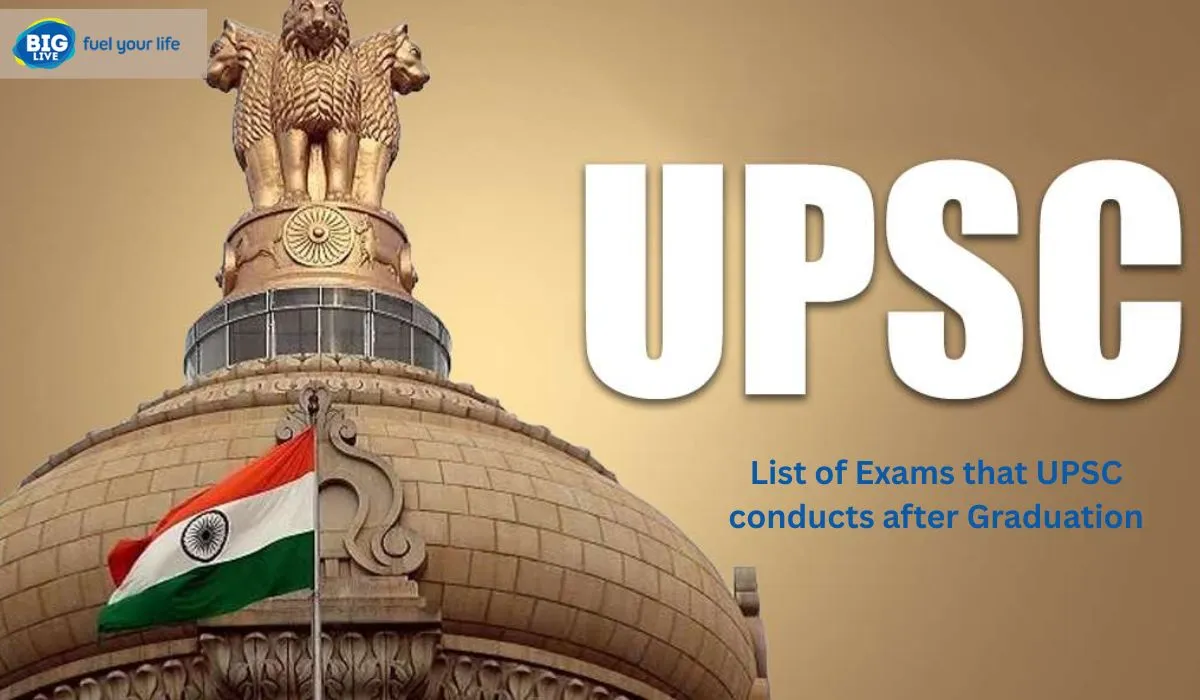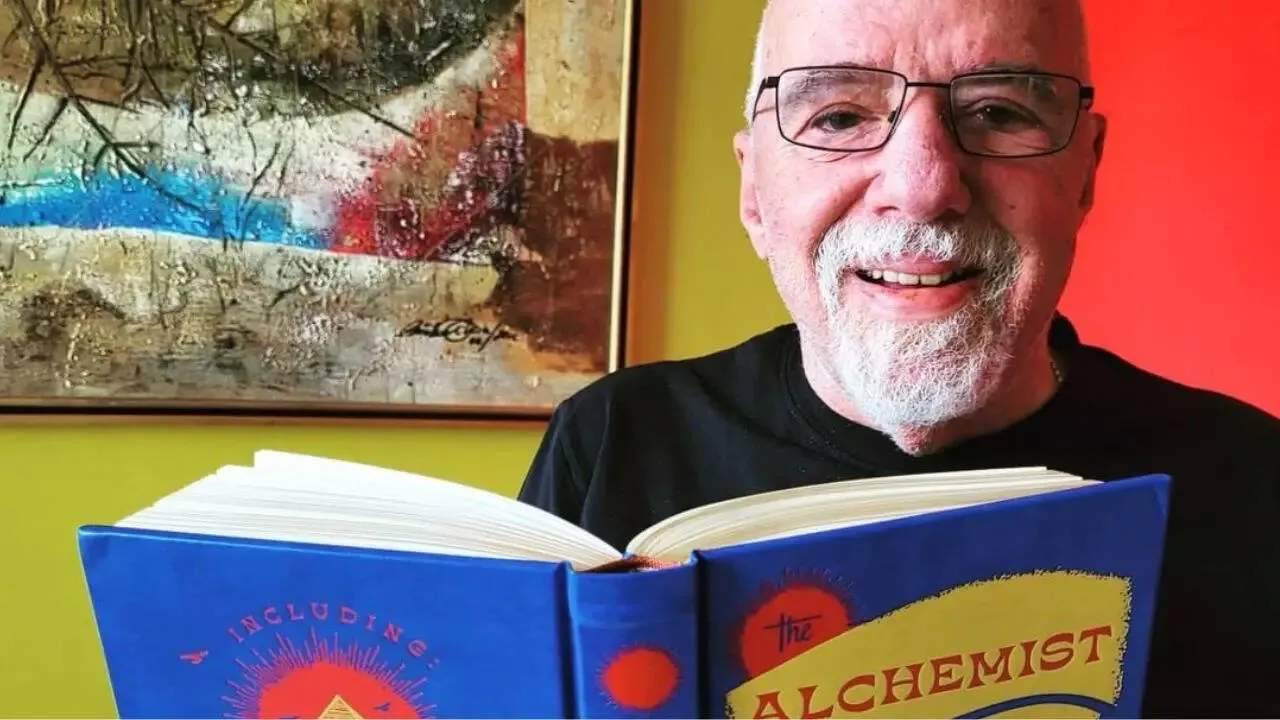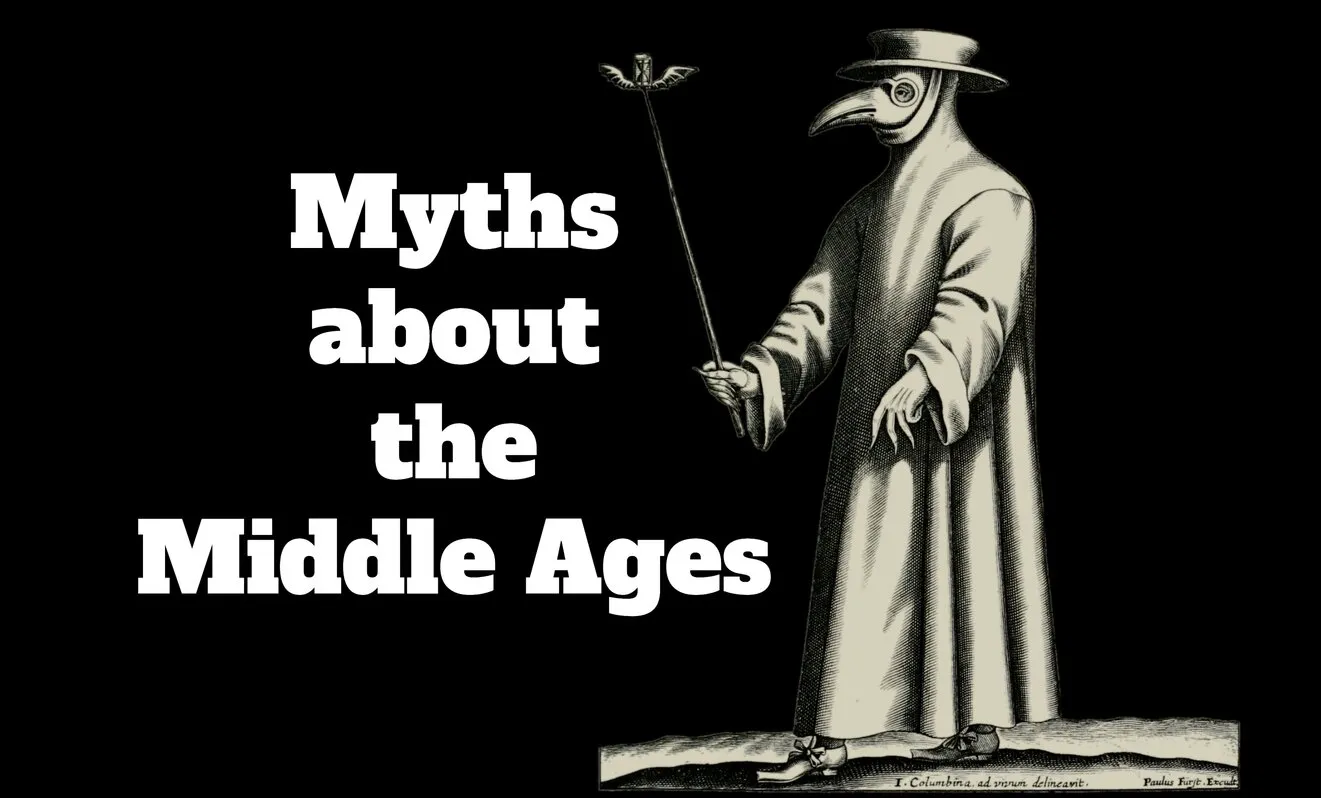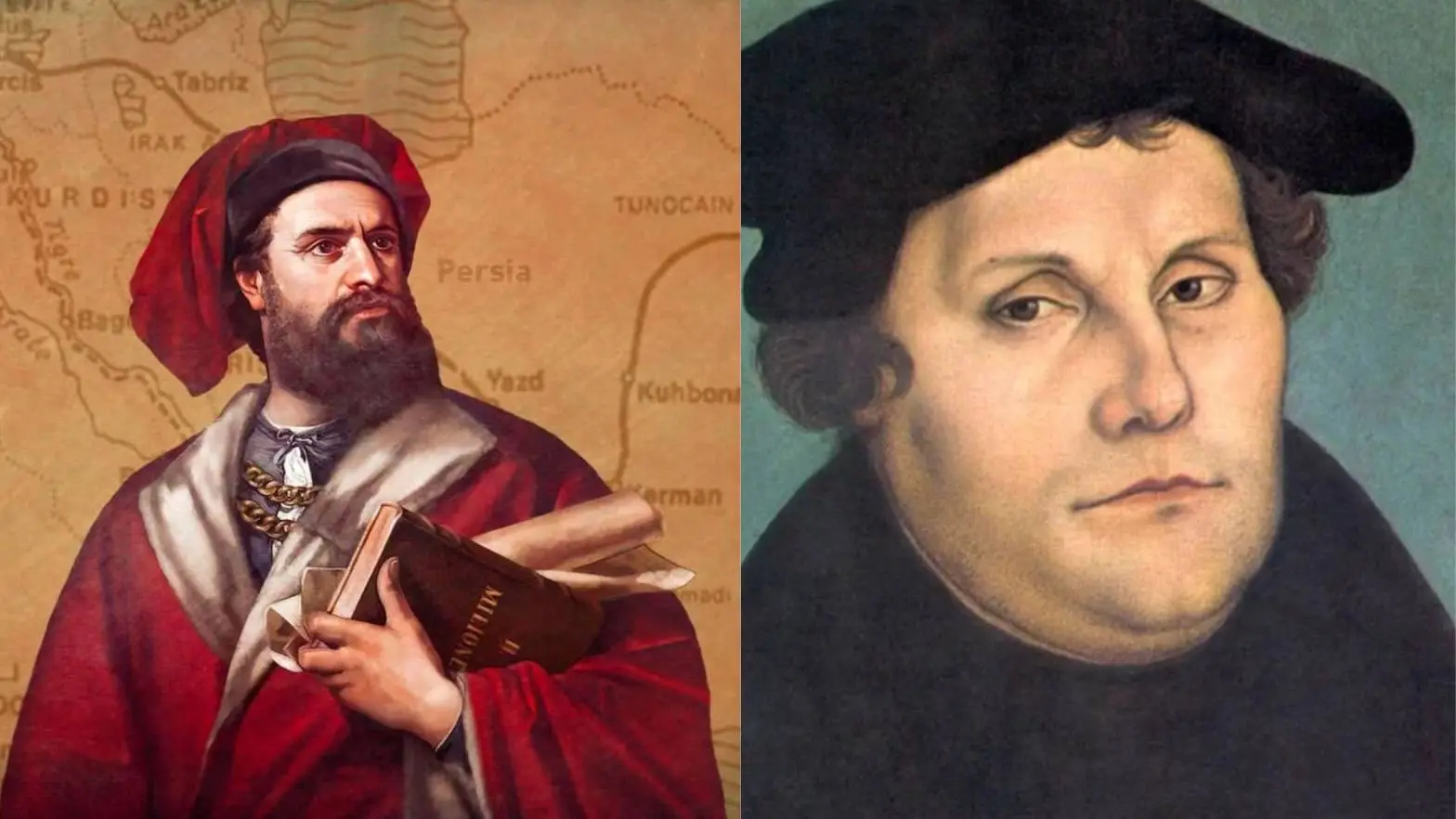So, you’ve finally wrapped up graduation. All those semesters, projects, late-night submissions—they’re done. Now comes the question that a lot of folks quietly stress over: What now? If you’ve got even a passing interest in public service or stable, well-respected government roles, chances are you’ve stumbled across the list of exams conducted by upsc after graduation.
And if you haven’t yet? That’s okay. You’re about to.
The UPSC—full form: Union Public Service Commission—might seem like a mountain. But let’s not complicate it. Think of it like a gatekeeper. It opens doors to a bunch of jobs across different sectors—administration, police, forests, economy, defense, and more. The very first requirement is to get the degree.
Read Also: Indian Gk Questions For Upsc Prelims
UPSC Exams List and Eligibility: A Simple Overview

You might be thinking, Is UPSC only for IAS or IPS? Nope. That’s a common myth. There are several UPSC exams you can give once you’re a graduate. Some of them want a basic bachelor’s degree. Others, like the medical or statistical ones, need something more specific—MBBS, Economics, Engineering, etc.
So here’s the thing: there’s no single eligibility rule. You pick the exam that fits your background.
But one thing is certain: you need to have completed your graduation. That’s your ticket in.
10 Exams Conducted by UPSC
This is one of the most asked questions. So let’s answer it directly. If you’ve just graduated (or will soon), here are 10 major UPSC exams you’re eligible to sit for:
- Civil Services Examination (CSE)
- Indian Forest Service (IFoS)
- Engineering Services Examination (ESE)
- Combined Defence Services (CDS)
- Central Armed Police Forces (CAPF)
- Indian Economic Service (IES)
- Indian Statistical Service (ISS)
- Combined Medical Services (CMS)
- Geologist & Geoscientist Exam
- Assistant Provident Fund Commissioner (APFC)
Each one leads to a different kind of job. Some are office-based, some involve fieldwork. Some are desk-heavy, others require boots-on-ground action. know about Eligibility for UPSC exams.
Civil Services Examination (CSE)
This is the “big one.” It’s how people become IAS, IPS, IFS, IRS officers. It’s also insanely competitive. You’ll need to clear three stages:
- Prelims (MCQ-style test)
- Mains (essay-style written papers)
- Interview (personality test)
Eligibility? Just be a graduate. Doesn’t matter what stream. Even someone with a BA in Philosophy can become a District Collector.
Indian Forest Service (IFoS)
A little less known, but very important. This is for folks who want to protect the environment and manage forest regions.
You’ll take the same Prelims as CSE, but Mains focuses more on science—Botany, Zoology, Agriculture, etc.
Eligibility: Degree in science subjects related to forestry or animals or plants.
Engineering Services Examination (ESE)
Are you an engineer? B.Tech or B.E.? Then this one’s made for you.
It’s competitive, sure, but if you get in—you can work in the railways, CPWD, defence manufacturing, and other key infrastructure areas.
The streams include: Civil, Electrical, Mechanical, and Electronics & Telecom.
Stages: Prelims, Mains, and Personality Test.
Combined Defence Services (CDS)
This one’s to serve country in uniform?
CDS helps fill officer positions in the Army, Navy, Air Force, and OTA.
Eligibility: Any graduate. For Air Force and Navy, you’ll need to have Physics and Math in +2 or a science degree.
Also, you’ll have to clear SSB interviews and meet physical standards. It’s tough but rewarding.
Central Armed Police Forces (CAPF)
This puts you to Assistant Commandant in forces like BSF, CRPF, CISF, and more.
Eligibility: Just a graduate degree.
Age limit: 20 to 25 years.
Selection involves a written test, physical efficiency test (think long runs, pushups), and an interview.
Indian Economic Service (IES)
If you’ve got a Master’s in Economics, you’re eligible for IES. This is a specialized exam for economic advisors and analysts.
Where do they work? Mostly in planning departments, finance ministries, RBI-adjacent roles.
It’s niche. But if numbers and policy-making are your thing, it fits.
Indian Statistical Service (ISS)
It is similar to IES, but is more data-focused.
Eligibility: Postgrad in Statistics or Mathematical Statistics.
ISS officers often work on surveys, projections, data models in various ministries. You’ll be surprised how many policies begin as a spreadsheet.
Combined Medical Services (CMS)
This one is for the doctors. The CMS exam places MBBS holders into government hospitals, railway services, and even defence medical departments.
You can take this in your final year of MBBS too, provided you clear it before joining.
Geologist & Geoscientist Exam
This one’s for the earth lovers. If you’ve studied geology, chemistry, or hydrogeology at postgrad level—you can apply.
You’ll work in Geological Survey of India or Central Ground Water Board. It’s very vital.
Assistant Provident Fund Commissioner (APFC – EPFO)
This one shows up less often, but when it does, it attracts a lot of attention.
Eligibility: Any graduate.
Work: You handle inspections, legal notices, pension fund compliance in the Employees' Provident Fund Organisation.
It's more administrative, but it comes with decent power and solid pay.
You May Also Like: Top 10 Advantages of Virtual Classroom for Learners
How Many Exams Are There in UPSC Prelims?

This trips people up a bit. For most, like CSE or IFoS, Prelims have two papers:
- General Studies Paper I – current affairs, polity, geography, etc.
- CSAT Paper II – comprehension, math, reasoning (qualifying only)
So when someone asks how many exams are there in UPSC Prelims, technically it’s two per exam. But it depends on the service.
UPSC Exam Syllabus and Pattern – Don’t Overthink It
The UPSC exam syllabus and pattern varies wildly depending on the exam.
But here’s a rough idea:
- Prelims are MCQs—objective, fast-paced.
- Mains are descriptive—you have to write answers like essays.
- Interview is about personality—they throw real-life situations at you.
It’s not about memorizing the Constitution word for word. It’s about understanding issues and expressing your thoughts clearly.
Career Options Through UPSC
Honestly, this is the best part. Clearing a UPSC exam opens doors you didn’t even think about:
- IAS: Administer districts, make decisions that affect lakhs of people.
- IPS: Head the police, maintain law and order.
- IFS: Serve India abroad as a diplomat.
- Engineers: Design roads, bridges, telecom systems.
- Doctors (CMS): Provide healthcare to the country’s most remote regions.
- CAPF Officers: Lead paramilitary units across borders and conflict zones.
- Statisticians and Economists: Influence national budgets and planning.
It’s more than just a salary. It’s purpose.
Let’s not dress it up. Cracking a UPSC exam is hard. You’ll compete against lakhs of people. The syllabus is huge. There’s pressure, and yes—failure is common.
But if you hang in there—if you figure out which exam fits your strengths, make a real plan, and stay consistent—you can get there.
The list of exams conducted by upsc after graduation isn’t just a list. It’s a catalogue of life paths. Whether you want to lead troops, write policy, manage forests, or even heal the sick—there’s a way in.













